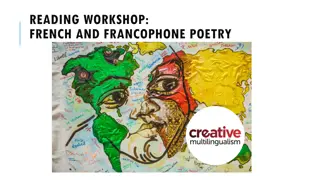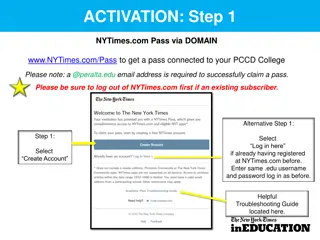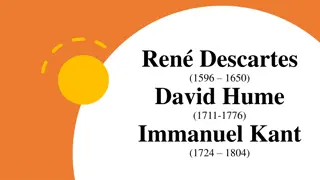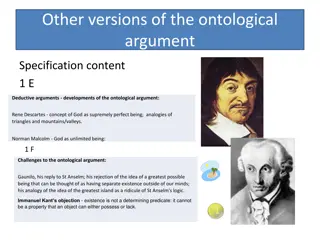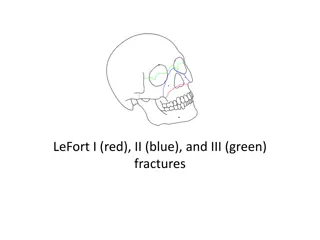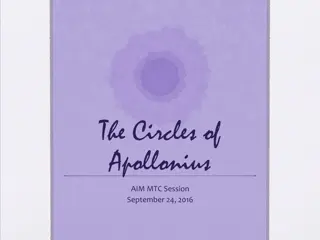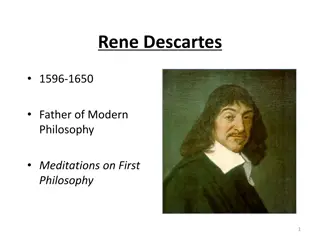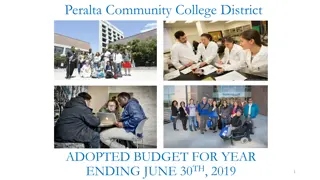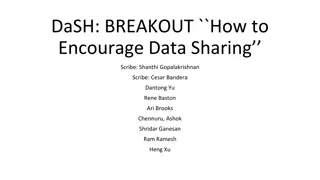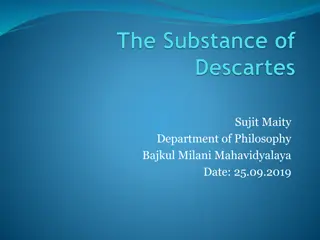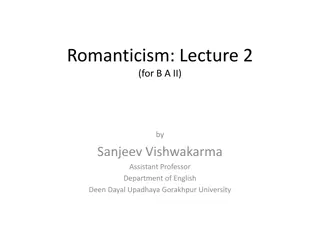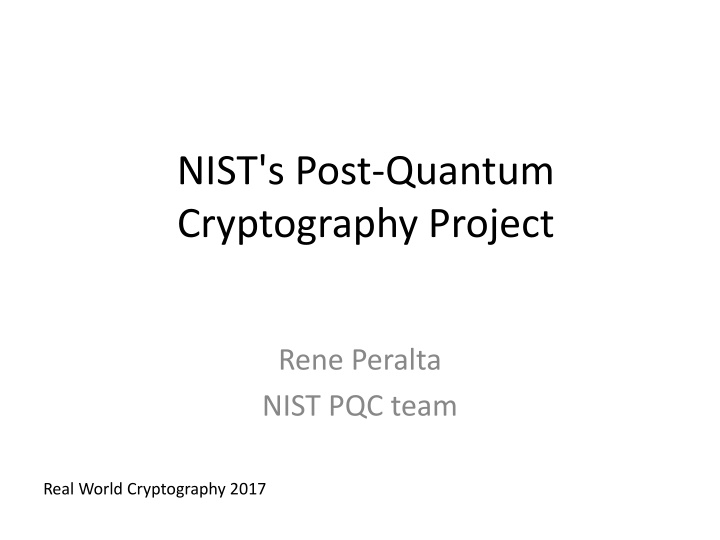
Post-Quantum Cryptography Project by NIST: Ensuring Future Security
Learn about NIST's Post-Quantum Cryptography Project focusing on quantum-resistant alternatives for public-key crypto systems like RSA and Diffie-Hellman. Join the PQC Forum and submit proposals for quantum-resistant algorithms before the deadline.
Uploaded on | 2 Views
Download Presentation

Please find below an Image/Link to download the presentation.
The content on the website is provided AS IS for your information and personal use only. It may not be sold, licensed, or shared on other websites without obtaining consent from the author. If you encounter any issues during the download, it is possible that the publisher has removed the file from their server.
You are allowed to download the files provided on this website for personal or commercial use, subject to the condition that they are used lawfully. All files are the property of their respective owners.
The content on the website is provided AS IS for your information and personal use only. It may not be sold, licensed, or shared on other websites without obtaining consent from the author.
E N D
Presentation Transcript
NIST's Post-Quantum Cryptography Project Rene Peralta NIST PQC team Real World Cryptography 2017
The Problem Large quantum computers would break most of our public-key crypto RSA, Diffie-Hellman key exchange, elliptic curve crypto Symmetric crypto would be affected, but not broken Keys will have to be longer. Full transition to alternatives takes a long time (possibly > 10 years). Long-term privacy and security implications
NISTs PQC project To monitor progress in quantum computers and quantum algorithms. To find and standardize quantum-resistant alternatives for PKE, key-agreement, and digital signatures. To ensure transparency of the process and legitimacy of the outcome.
Not a Competition We hope at the end of the day there will be significant community consensus. We may standardize several algorithms. The evaluation criteria is not set in stone, it will probably evolve during the next few years.
The Call For Proposals Candidate algorithms may now be submitted http://csrc.nist.gov/groups/ST/post-quantum- crypto/cfp-announce-dec2016.html Deadline is November 30, 2017
The PQC Forum The wording of the CFP followed public discussion on the pqc-forum (pqc-forum@nist.gov). This is also where submissions and germane issues - such as evaluation criteria - will be discussed. To join send mail to pqc-forum-request@nist.gov with subject=subscribe
How Things Look Like Now Signatures: hash-based , code-based, lattice-based, multivariate PKE : lattice-based, code-based, multivariate, Key agreement: PKE, lattice-based, isogeny-based,
How Things Look Like Now Speed looks good. Key sizes may increase significantly. Some signature sizes look big. Possibly significant increase in ciphertext size for short plaintexts. We need industry to do an impact assessment.
Public Discussion Ongoing discussion regarding security-levels and derived parametrization. Suspicion that NIST is just doing NSA s bidding. Demands that future standards make bad implementations harder.
TIMELINE Dec 20, 2016 Formal Call for Proposals Nov 30, 2017 Deadline for submissions Early 2018 Workshop - Submitter's Presentations Analysis Phase - NIST will report findings 1-2 workshops during this phase 3-5 years 2 years later Draft Standards ready




